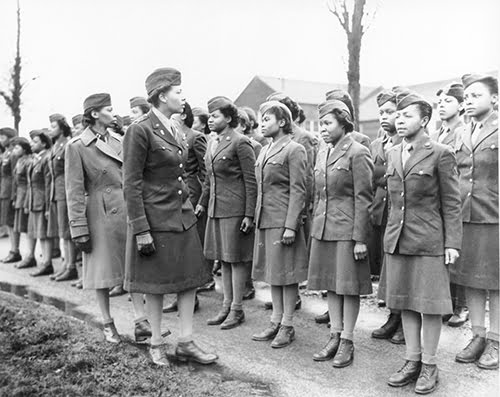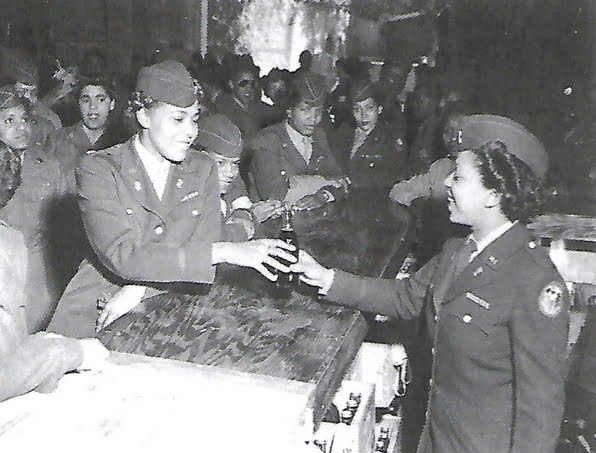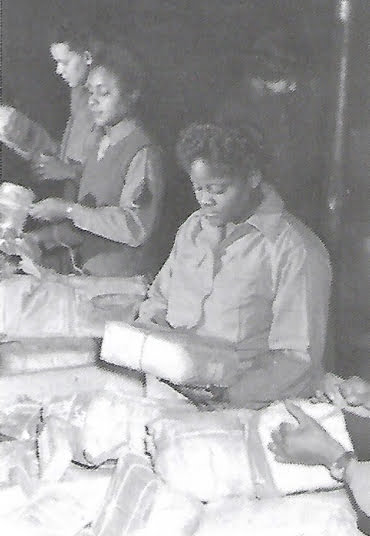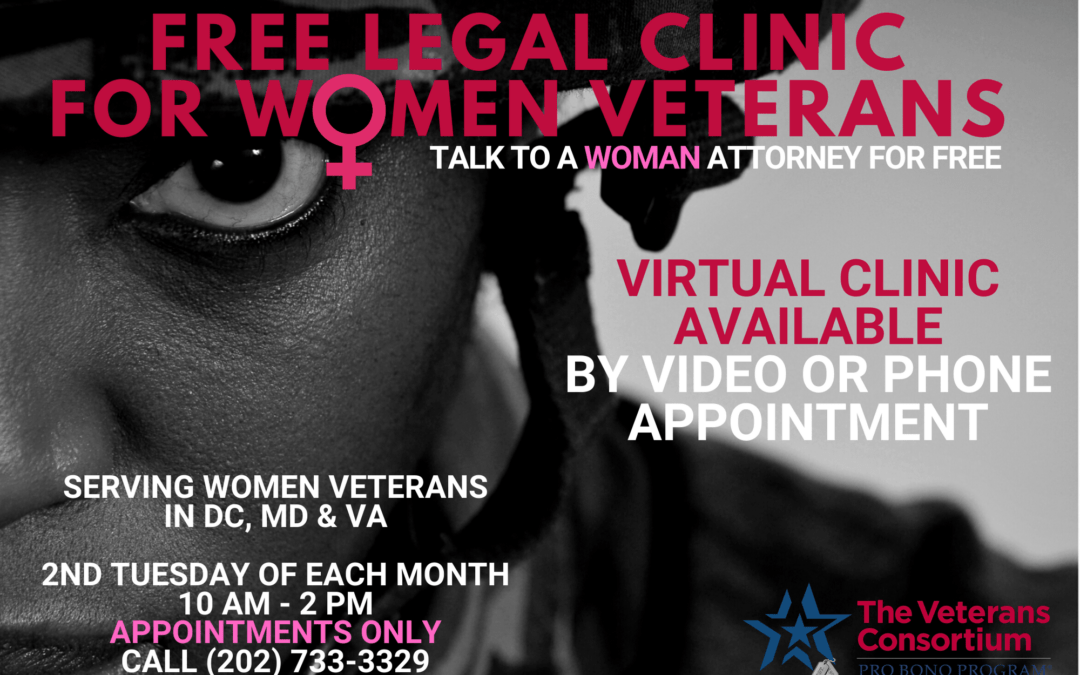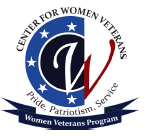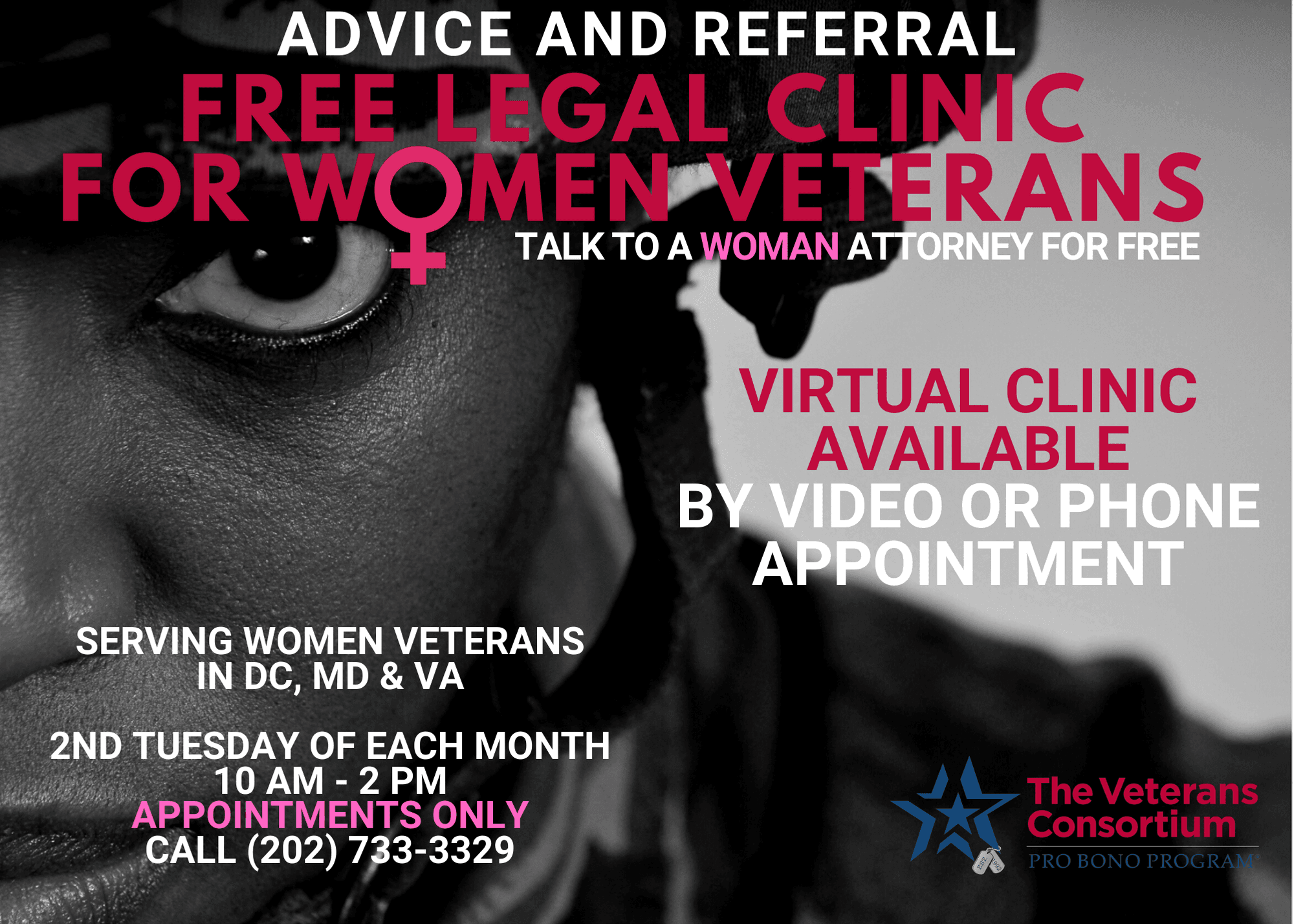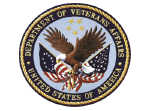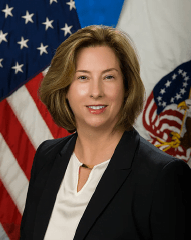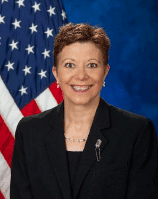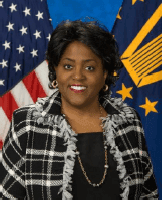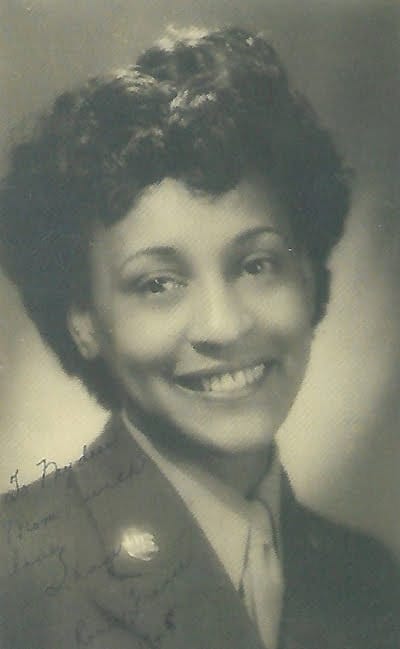
A Tribute to a Member of the Forgotten Troop – Maude Virginia Porter-Miller
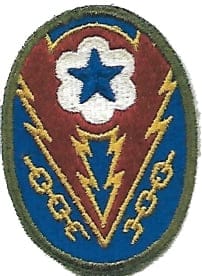
A Tribute to a Member of the Forgotten Troop: 6888th Central Postal Directory Battalion
Maude Virginia Porter-Miller: Our Mother and Our Hero
Contributed by Debra Jones

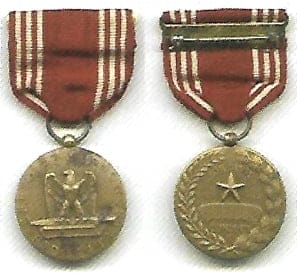
In 1944, our country was engaged in WWII and my mother was living her dream of attending college at Howard University, in Washington, D.C., to obtain her degree in home economics. When my mother heard that the military needed volunteers to go overseas, she jumped at the opportunity to serve her country, as well as experience an adventure of a lifetime and she joined the Army. Her country called and she answered with, “Yes, I will!” She entered the military on October 2, 1944. This was the beginning of our mother’s life of service to her country and community.
After my mother’s troop arrived in England and they were shown the challenge before them, she tackled the task just as she approached everything in life—with a positive attitude. Even though they were not living in the best lodging conditions, it never affected her at work or how she saw the current task as an opportunity and adventure. What I learned from my mother is how to look at situations from different perspectives, and how to turn a negative situation into an opportunity…to do this one needs a vision.
My mother was a loving, caring, and supportive person who always loved to help others reach their goals. Her life reflected that in everything she did including her work in the military and in her community. For example, she started Town and Country Nursery School for the mothers in her community who wanted to look for viable employment. In addition, there was the art program for teenagers on the weekend to explore their creativity. Mom was always looking for different ways to help others, especially children, to experience new things and have opportunities to elevate themselves. For instance, Mom and Dad went to the Cook County Commissioner for Blue Island Township and requested permission to form a fundraising group called the Cook County Community Organization that raised money for underprivileged children to go to summer camp. Mom also formed a women’s club called the South Suburban Socialites, another fundraising group that raised money to train girls to become young women with goals.
Mom always made herself available to lend a helping hand to her family and community. As a member of the Volunteer Service Guild for Provident Hospital in Chicago, Illinois, she helped to raise money to purchase needed hospital equipment. She was also a foster parent, until she became ill, to many children in the Los Angeles area. Her home was known as one of the best foster homes in Los Angeles County.
Reflecting on all my mother’s accomplishments, it makes me proud to be called her daughter. I think about the good times we had fixing up our house on Vista Laguna Terrace and I remember what I thought when I saw that old house: “What was she thinking?” But my mom did not see an old house. She saw a beautiful home. We worked together to make that house the home she knew it could be—one where loving, beautiful memories of family gatherings for Thanksgiving, Christmas, and Easter dinners would be cherished forever in our hearts. I will never forget the wonderful birthday parties and helping her prepare for bridge parties, although at times I did not want to help. What I realize now, later in life, is that every household task that I had to do was for a purpose. It was to prepare me for the future. Every skill she taught me I have had to use during my lifetime; from cooking, sewing and hosting events to having an excellent work ethic. All I can say is, “Thank you, Mom.”
When I think of my mom, I think of an extraordinary human being. In her lifetime she touched countless lives and influenced so many people to pursue their dreams. My mom had so much love in her heart and she shared that with all the people that came into her life. She loved and supported and encouraged us all by being a good listener and assisting each of us according to our needs.
I love and miss you, Mom.

